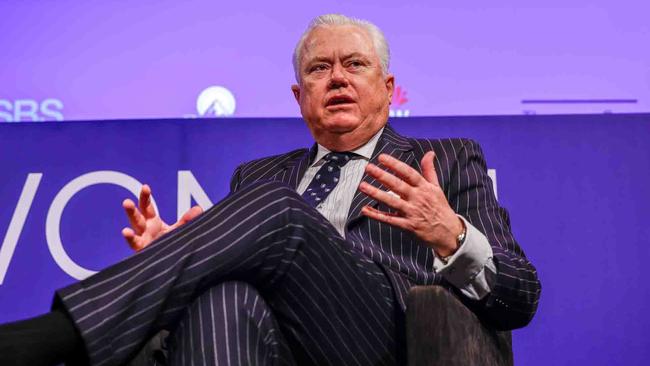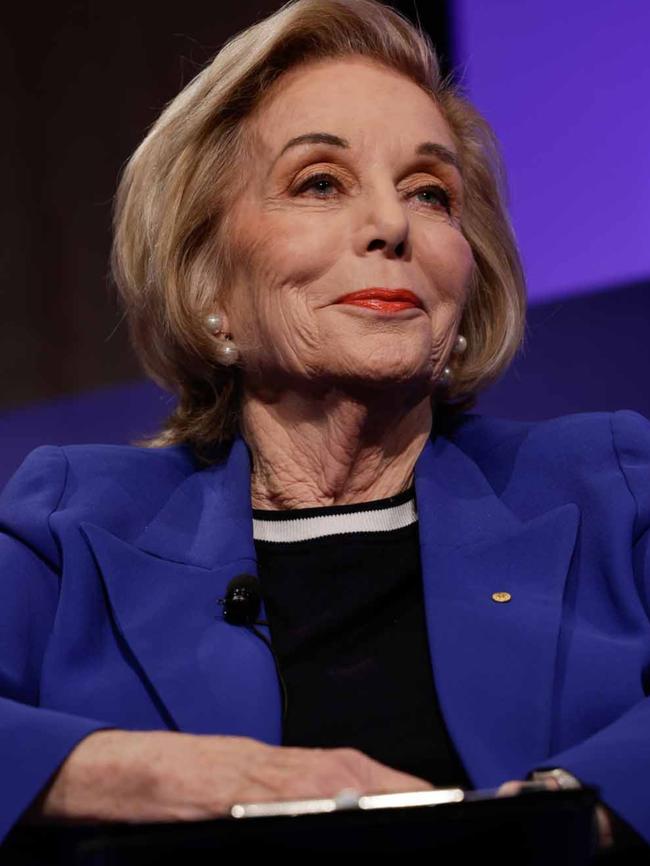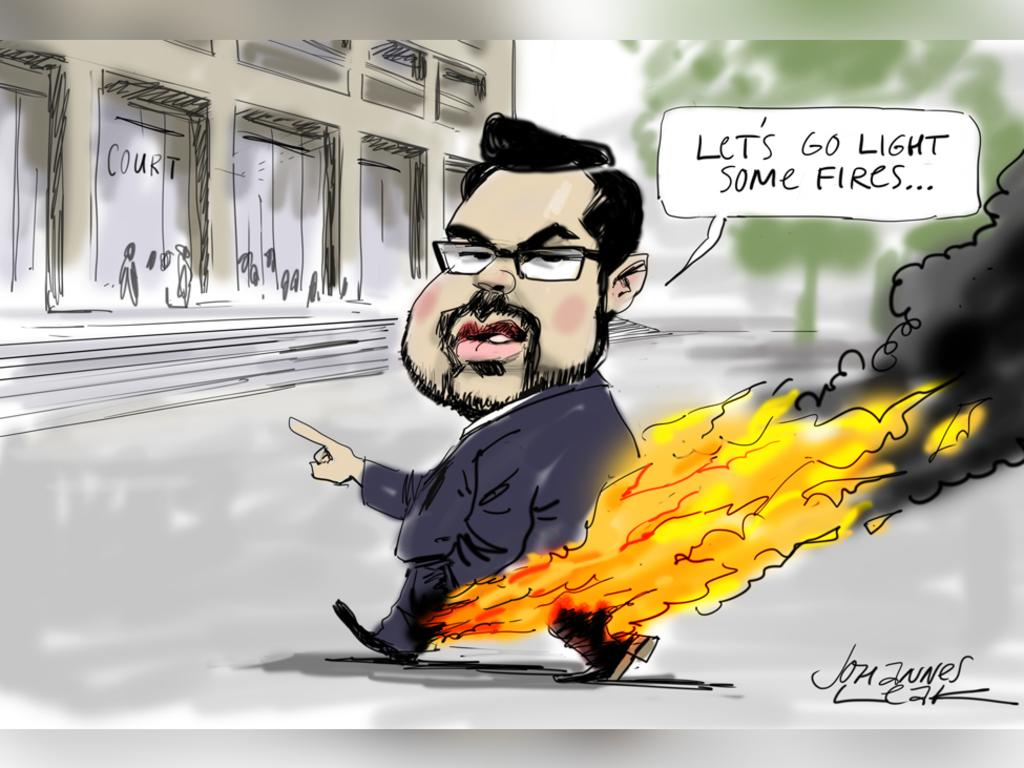Judge Michael Lee tells media to fight for its rights
Michael Lee has blasted the overuse of strict suppression orders that ‘interfere’ with open justice, urging the media to ‘more vigorously’ fight confidentiality motions.

A Federal Court judge has condemned the overuse of strict suppression orders that “interfere” with open justice, urging the media to “more vigorously” fight confidentiality motions and ensure courts are “held to account”.
Michael Lee on Friday criticised corporations that “time and time again” request extensive suppression orders, and he encouraged publishers to exercise a “statutory right” to oppose them.
Suppressions across state courts have skyrocketed into the hundreds, with Victorian courts granting more than 200 orders this year.
Justice Lee rose to prominence after presiding over the high-profile defamation case of former Liberal staffer Bruce Lehrmann against Network 10 and presenter Lisa Wilkinson.
Speaking publicly for the first time since handing down the Lehrmann judgment, Justice Lee told the Women in Media conference that publishers should fight harder to preserve open justice. In conversation with former ABC chair Ita Buttrose, he said the media had a “statutory right” to appear and challenge any suppression order, and should exercise that function well.

“One way the media could do better is ensuring that courts and judges are held to account when it comes to suppression orders and things that interfere with principles of open justice,” he said.
“I have deprecated time and time again corporations and other litigants coming along with these swinging confidentiality orders – often by consent – that seek to prevent the publication of evidence.”
Victorian courts have granted 223 suppression orders this year, while South Australian courts allowed 102. Courts in NSW granted 71 suppression orders, the Northern Territory allowed 26 and Queensland allowed 21.
No data is available for the High Court or the Federal Court.
Justice Lee agreed with Ms Buttrose in saying the media should “more vigorously” fight suppression orders.
In response to Ms Buttrose saying that doing so can “cost a lot of money”, Justice Lee said: “Let me give you some good news.
“Defamation filings are going like ‘that’ (gesturing downwards) because of the introduction of the serious harm threshold into the defamation laws. Hopefully you’re going to be spending much less money on defending defamation cases … so don’t let the line item in the budget be deferred elsewhere.”
He encouraged the media to enlist “some young junior barrister” who “charges next to nothing” and is “cheap as chips”. “Don’t brief silks,” he said.
Almost the entirety of the Lehrmann defamation matter was live-streamed, at Justice Lee’s behest, with tens of thousands of people regularly tuning in to watch.
Early on in proceedings, Ten had opposed a public screening, arguing it was likely to make the trial more distressing for Brittany Higgins because she was not protected by the same rules of evidence that apply to complainants in sexual assault cases.
Justice Lee, however, at the time said the administration of justice would be best served by the court adopting the “common course” of live-streaming.
On Friday, he said live-streaming cases could also act as an education tool for media organisations to understand how the justice system worked.
“The media has a responsibility to educate itself about these things and perhaps the ability for live-streaming will assist in explaining how the system works,” he said.
“I think, generally, the reaction of the public has been quite positive as to the live-streaming of cases.” Justice Lee also revealed his top tips to avoid getting sued, including keeping “extensive contemporaneous notes” when writing controversial articles.
“The necessity for everyone who’s involved in a story which might have some controversy is to ensure – and this might sound incredibly old fashioned – you’ve got to have extensive contemporaneous notes,” he said.
“Either an electronic format or handwritten journal where you record everything so you can show exactly what steps you have taken in order to pursue your objective.”
He also encouraged journalists to speak to people “who are objective and experienced” to ensure the story is rock solid.
Justice Lee told the audience he planned to take six months off next year to work on a screenplay about Sir Philip Game in Sydney in 1932.






To join the conversation, please log in. Don't have an account? Register
Join the conversation, you are commenting as Logout